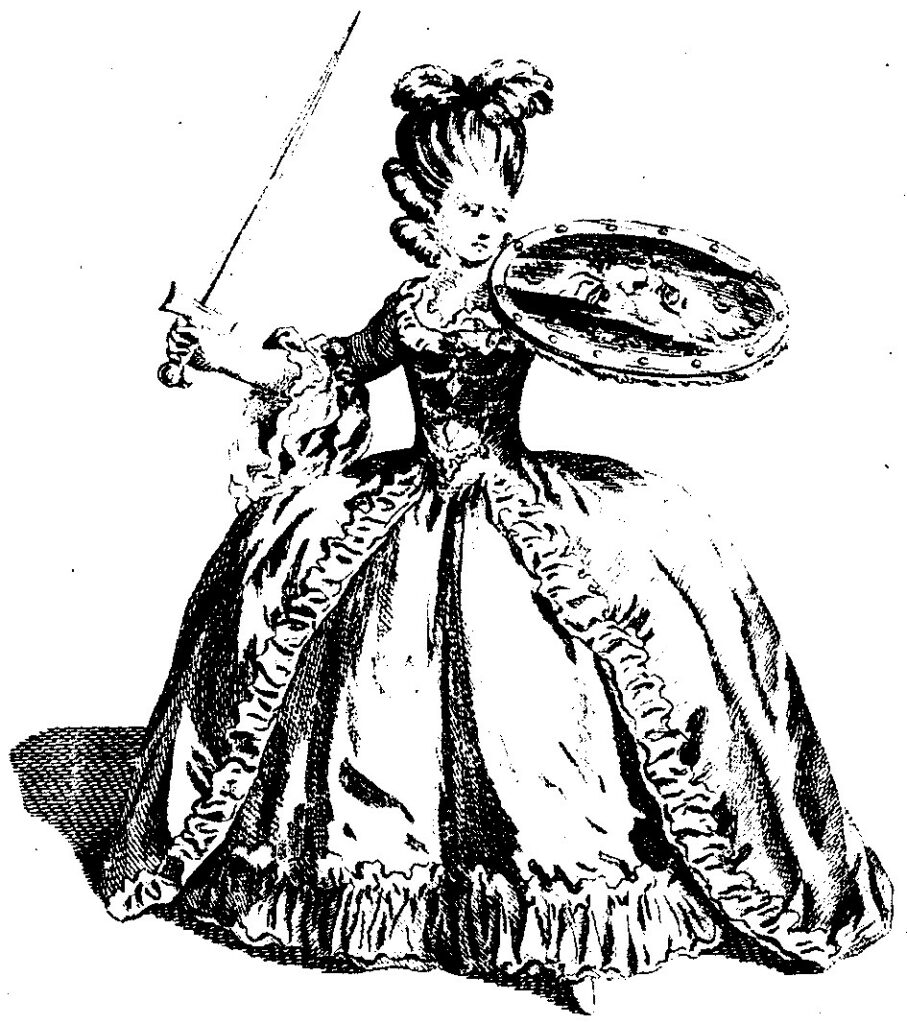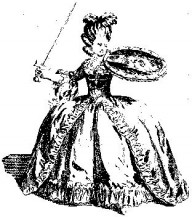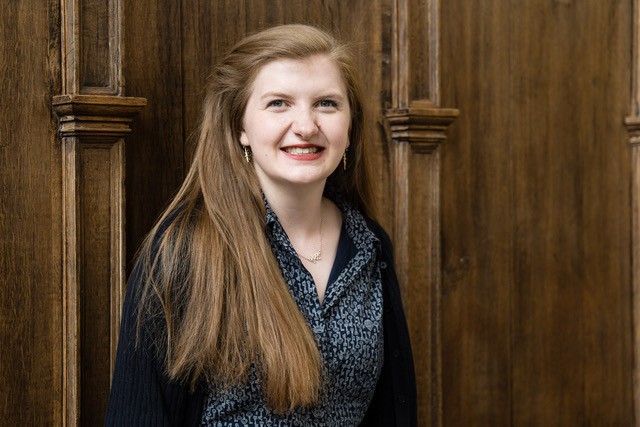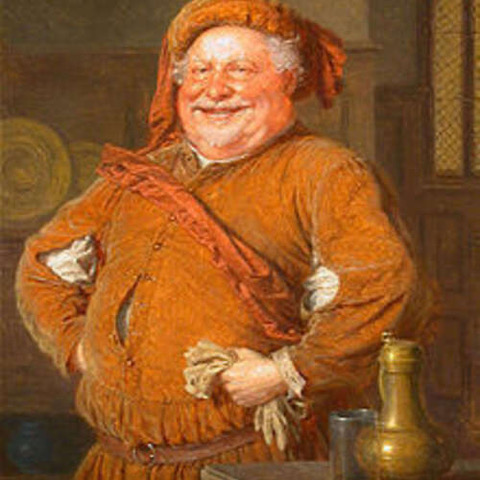Fridays, 1.15pm
New College Ante-chapel
Welcome to the New Chamber Opera Studio Recital Series which is held on Fridays at 1.15 pm during term time in New College Ante-Chapel. The recital series has been running since 1994 and offers singers across the University and beyond the opportunity to perform a short programme in a relaxed atmosphere.
Week 1 – 2nd May
No Recital
Week 2 – 9th May
Theo Peters
Week 3 – 16th May
No Recital
Week 4 – 23rd May
No Recital
Week 5 – 30th May
Zach Roberts
Week 6 – 6th June
Holly Smith
Week 7 – 13th June
Jiho Ro
Week 8 – 20th June
Sebastian Evans

Week 1
No Recital
2 May


Week 3
No Recital
16 May

Week 4
No Recital
23 May

Week 5
Zachary Roberts with Carlo Maria Zanetti
30 May

Week 6
Holly Smith
6 June

Week 7
Jiho Ro with Marcus
McDevitt
13 June

Week 8
Sebastian Evans and Clara Price
20 June
Download biography
Download programme
 New Chamber Opera
New Chamber Opera
